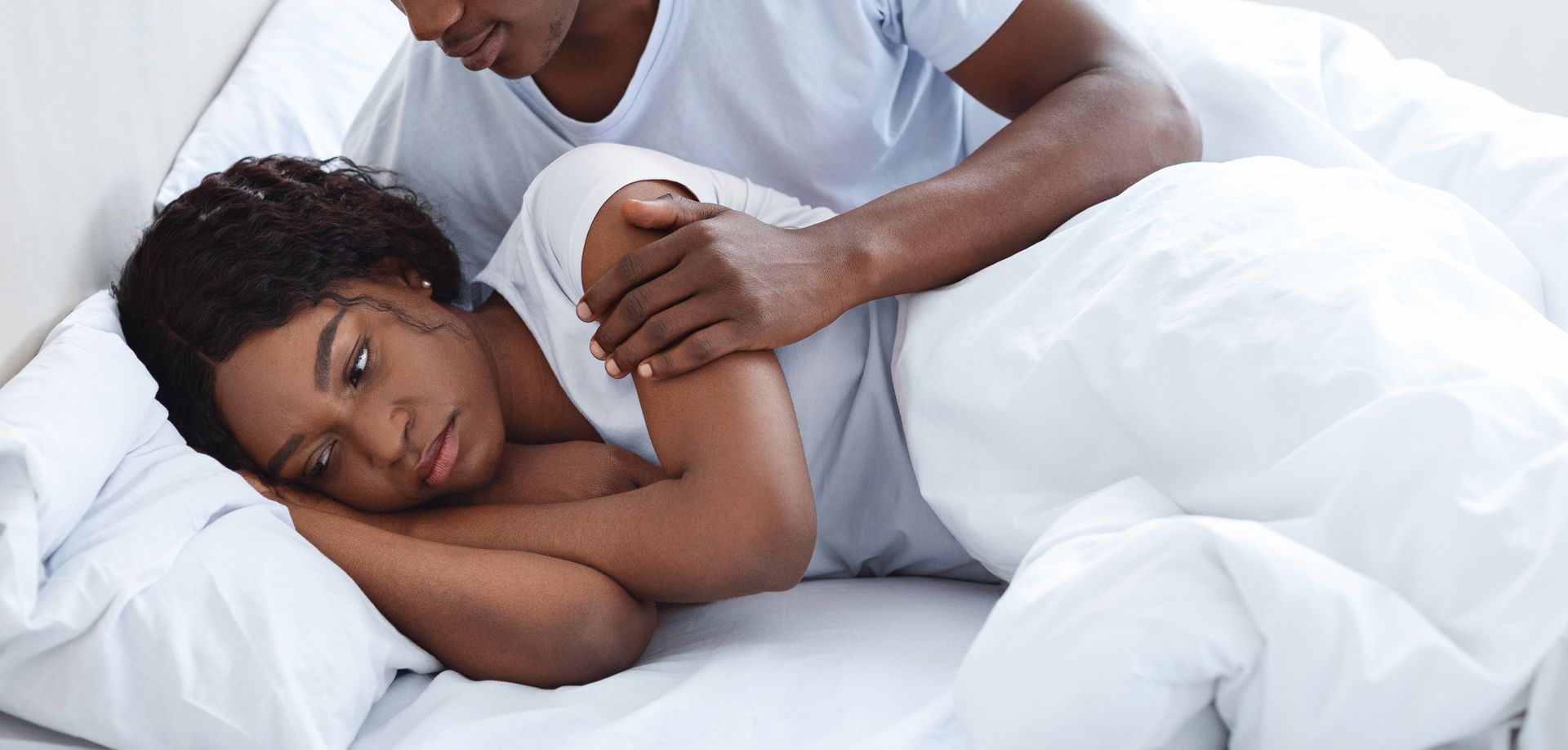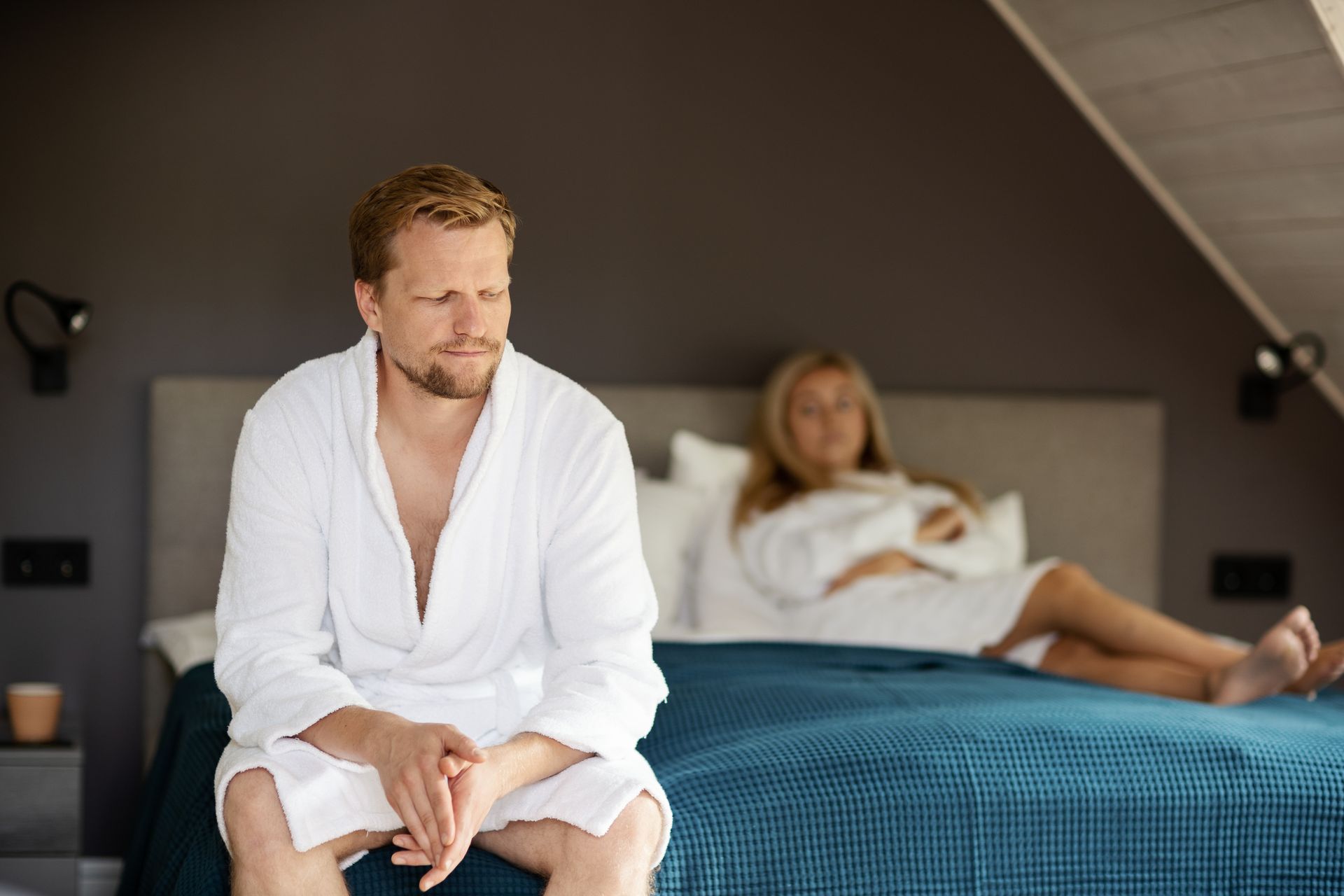The Link Between Hormone Imbalance and Low Libido: What You Need to Know

Low libido can affect confidence, relationships, and overall well-being. While stress, lifestyle, and emotional factors all play a role, one of the most common and often overlooked causes is hormone imbalance. When hormone levels are out of sync, both men and women may notice changes in sexual desire and performance.
Understanding Libido and Hormones
Libido, or sexual desire, is a complex process influenced by the brain, body, and emotions. Hormones act as the body’s chemical messengers, controlling everything from mood and metabolism to reproductive health. When hormone levels shift too high or too low, they can disrupt sexual desire.
The three most important hormones connected to libido are testosterone, estrogen, and progesterone. Each one influences sexual health differently, but all three work together to maintain balance.
How Testosterone Affects Sexual Desire in Men and Women
Testosterone is often thought of as a “male hormone,” but it plays a vital role in sexual health for both men and women. Beyond influencing physical desire, it affects mood, energy levels, and even how satisfying intimacy feels.
In men: Testosterone is the primary hormone behind sex drive, stamina, and erectile function. When levels are healthy, men often experience strong libido, stable energy, and better physical performance. When testosterone levels drop, men may experience reduced libido, fatigue, loss of muscle mass, and difficulty with sexual performance. These symptoms can take a toll on confidence and relationships.
In women: While women naturally produce lower amounts of testosterone than men, it is still critical for arousal, sensitivity, and overall sexual satisfaction. Adequate testosterone levels help support vaginal responsiveness, boost energy, and heighten sexual interest. When testosterone is too low, women may notice a sharp decline in desire, reduced sensitivity, or difficulty becoming aroused. Fatigue, mood changes, and lower motivation can further compound the issue, making intimacy feel more like a chore than a source of connection.
Estrogen’s Role in Female and Male Libido
Estrogen is often thought of primarily as a “female hormone,” but it influences sexual health and desire in both sexes. It not only affects the physical aspects of intimacy but also plays an important role in mood regulation, energy levels, and overall well-being.
In women: Estrogen is one of the key hormones responsible for maintaining sexual health. It supports vaginal lubrication, promotes healthy blood flow, and helps tissues remain elastic, all of which contribute to comfort and pleasure during intimacy. When estrogen levels begin to decline, especially during perimenopause and menopause, women may experience vaginal dryness, discomfort, or pain with sex. These physical changes can quickly lead to a reduced desire for intimacy. Beyond physical symptoms, low estrogen can also influence mood, sleep, and energy levels, further lowering interest in sexual activity.
In men: Estrogen works alongside testosterone to support healthy sexual function. Too much estrogen can lower testosterone activity, leading to symptoms such as weight gain, reduced muscle tone, erectile difficulties, and low libido. Too little can cause mood changes, fatigue, and reduced interest in sex. Striking the right balance between testosterone and estrogen is crucial for maintaining desire, energy, and overall vitality.
Why Progesterone Matters for Sexual Health
Often referred to as the “balancing hormone,” progesterone influences mood, sleep, and overall well-being, factors that directly affect desire and intimacy.
In women: Progesterone works closely with estrogen to keep the reproductive system functioning smoothly. It supports mood regulation, reduces anxiety, and promotes restful sleep, all of which are essential for a healthy sex drive.
In men: Progesterone helps regulate the balance between testosterone and estrogen, indirectly supporting sexual function and desire. Over time, imbalances may also impact sperm production, erectile function, and overall vitality.
Treatment Options for Restoring Balance
The good news is that low libido caused by hormone imbalance can often be treated and many people see significant improvements once the root cause is addressed. Treatment focuses on restoring balance, supporting overall health, and tailoring care to the unique needs of each individual.
- Lifestyle adjustments: Improving sleep, reducing stress, exercising regularly, and eating a balanced diet can support healthy hormone function.
- Hormone Replacement Therapy (HRT): Customized treatments can restore testosterone, estrogen, and progesterone to optimal levels for both men and women.
If you’ve been struggling with low libido, don’t ignore the symptoms. The team at Rejuvime Medical specializes in identifying the causes of low libido and creating safe, personalized treatment plans. With the right support, you can restore balance, regain energy, and reignite your sexual desire. Contact us today to learn more about our easy 3-step treatment process.
Get in Touch
Questions? Contact us today by phone or book an appointment online.
Questions? Call our office:
(225) 228-3128






